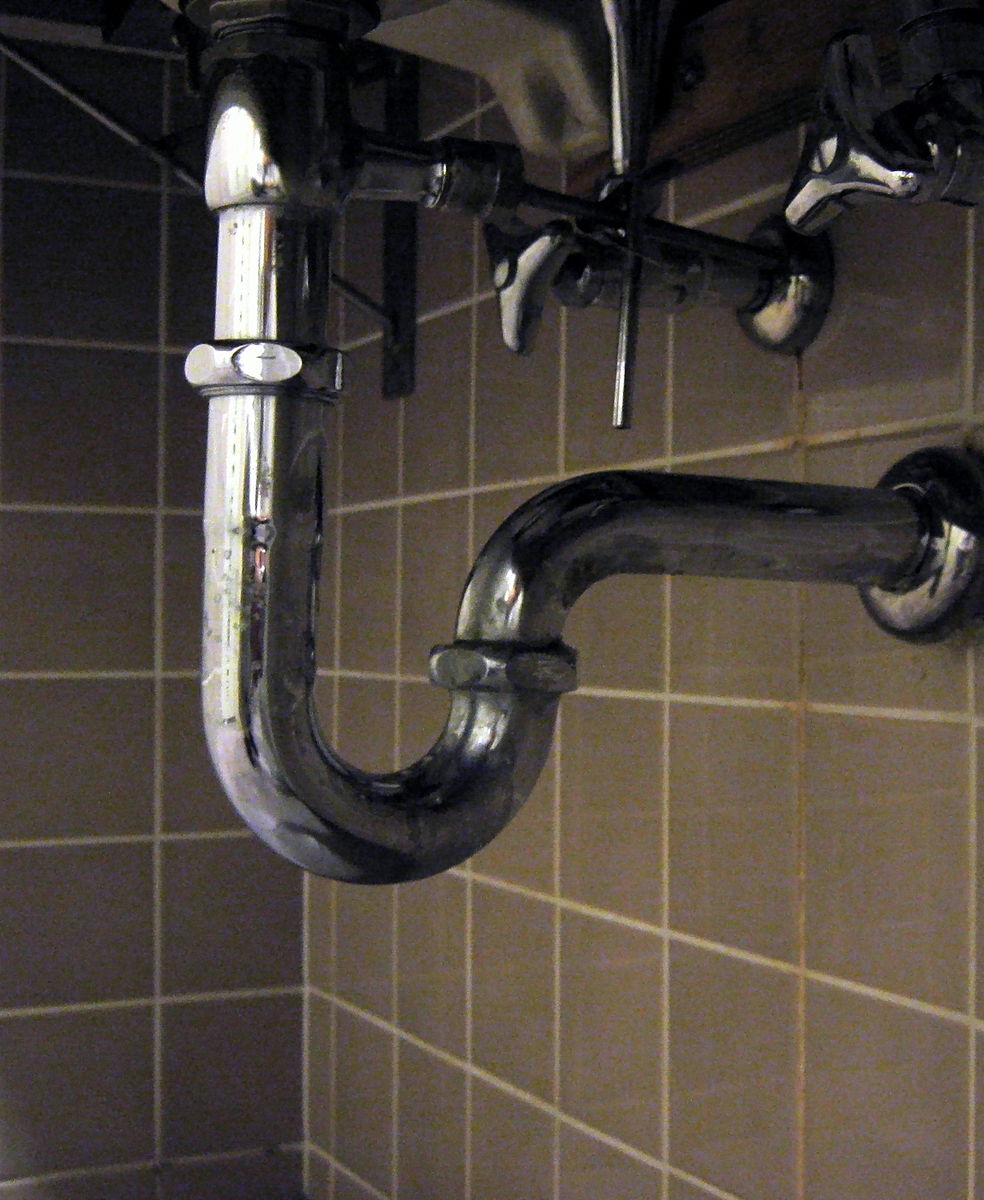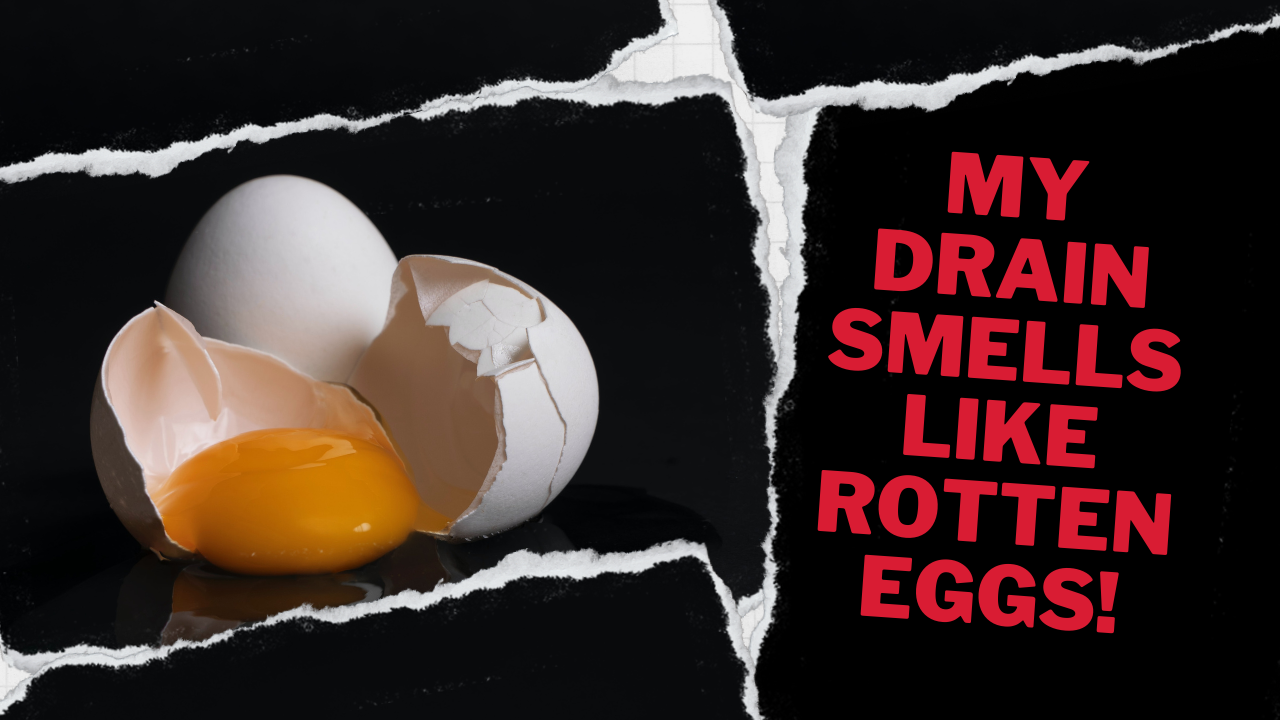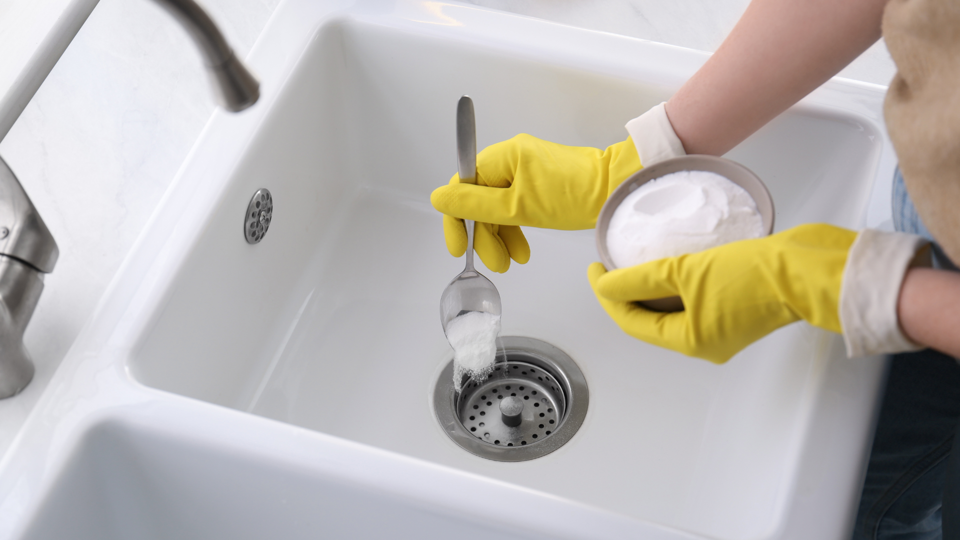You’re standing at your bathroom sink, putting soap on your hands, and as you go to turn on the water, you notice a smell. It’s not just a faint smell either! The longer you stand there, the more it begins to waft up into your nose. It’s the smell of rotten eggs – and it’s coming from your drain!
It doesn’t matter if it’s your kitchen sink, your bathroom sink or even the bathtub, this smell can show up unexpectedly! Known as hydrogen sulfide, it forms when bacteria grows either in drains, sewage or in the ground. While it might be an embarrassing nuisance, that unpleasant smell is actually not a health risk, though it can sometimes be associated with contaminated water. Over time, this smell can waft throughout an entire room or even much of your home.
What Is Causing This Rotten Egg Smell?
There might be a couple of potential causes here, though the most common is a clogged – or even partially clogged – drain. A sink that drains slowly can build up bacteria in the p-trap, the curved pipe, often made of PVC, which can be found right underneath the sink. As that bacteria builds up in that piping, it creates the hydrogen sulfide gas which then exits through the sink.
Another cause is from a sink that hasn’t been used in a while. Because it hasn’t been used, the water in the p-trap dries up at the bottom of the pipe where it connects to the shower drain and gas from the sewer line can start to rise out of the drain. When it comes to kitchen sinks, the most common cause is a dirty garbage disposal. A lot of food might get shoved into the kitchen sink and it can sometimes collect, along with bacteria, and soon lead to a pretty smelly drain.
What Ways Can I Avoid This Rotten Egg Smell?
To ensure you never have to smell that stomach-turning rotten egg aroma, the best option is to simply be proactive. Having a professional perform preventative maintenance will help keep your drain clear of any clogs or potential buildups – and that means no smells. Here are some other things you can do to remain proactive and keep the bacteria from growing in your pipe:
- When the weather allows for it, wash your pets outside. This will help prevent an excessive amount of hair and dander from going down the drain.
- Cover your open drains with mesh traps, to help keep soap and hair out.
- Brush your hair before bathing. It’ll help to keep less hair from going down the drain.
What Do I Do About This Rotten Egg Smell?
When it comes to your bathroom sink, you will need to clear the potential clog. You can try the DIY method or even throwing drain cleaner down there – that might help. It might alleviate the problem for a short time, however, if it is a significant backup that smell will only return and there’s the possibility that you are eventually going to have a backup on your hands.
If it’s coming from the kitchen sink, start by cleaning your garbage disposal. Routinely cleaning – and running it regularly – can eliminate any disposal odors. Drop in some ice cubes from time to time as well – this will help to ensure the blades remain clean. Dropping in halves of limes or lemons and running it can also remove the smell, as the citrus and rind will clean and freshen it. Much like with the bathroom, there could still be a clog hiding in the drain beneath the disposal.
If your drain smells, your best bet is calling a professional to take a better look at the problem!
Don’t wait until that embarrassing rotten egg smell is wafting throughout your house or it leads to an even bigger drain problem. Give us a call or schedule an appointment online and one of our experienced experts will come out, free of charge, to assess the best way to keep your drain clean and odorless, while making sure there’s no clog hiding in there.






.0000000000000.png)